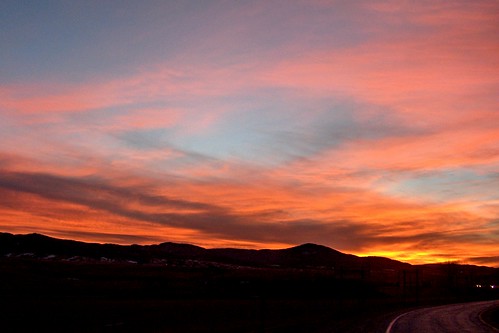What environment do you think is conducive to writing poetry? Do any of these come to mind?
A mountain cabin
Beautiful views
Walking paths
Birdsong
Deer and other wildlife
Tall pines and spruce
Wild flowers
Solitude
A fireplace
Books
Time for reflection
 That list adds up to the home of South Dakota’s first Poet Laureate and cowboy poet, Badger Clark. Clark built his own cabin in the late 1920’s on property in the Black Hills, where he lived until his death in 1957. Now a tourist site in Custer State Park http://www.blogger.com/www.sdgfp.info/Parks/Regions/Custer/badger.htm, visitors can see Clark’s many pair of cowboy boots in a row in his bedroom, note what basic kitchen products he used, and imagine him in contemplation before the fire.
That list adds up to the home of South Dakota’s first Poet Laureate and cowboy poet, Badger Clark. Clark built his own cabin in the late 1920’s on property in the Black Hills, where he lived until his death in 1957. Now a tourist site in Custer State Park http://www.blogger.com/www.sdgfp.info/Parks/Regions/Custer/badger.htm, visitors can see Clark’s many pair of cowboy boots in a row in his bedroom, note what basic kitchen products he used, and imagine him in contemplation before the fire. A short loop path offers stops with snippets of Clark’s poetry. Sunset, Collier’s, and Arizona Highways are just three of the many magazines that published Clark’s work. "A Cowboy's Prayer" is one of his best know poems, but is often published with "Anonymous" as the author. He dedicated the poem to his mother. The text is here: www.sd4history.com/Unit7/cowboyprayer.htm
A short loop path offers stops with snippets of Clark’s poetry. Sunset, Collier’s, and Arizona Highways are just three of the many magazines that published Clark’s work. "A Cowboy's Prayer" is one of his best know poems, but is often published with "Anonymous" as the author. He dedicated the poem to his mother. The text is here: www.sd4history.com/Unit7/cowboyprayer.htmHis books have never gone out of print—rare for any author, but especially a poet. The Badger Clark Memorial Society www.badgerclark.org/ promotes his work and helps maintain the Badger Hole.
More information about Clark and his influence on cowboy and western poetry is available here: www.cowboypoetry.com/badger.htm .
I would add two things to the list of environmental needs for a poet: modern plumbing and electricity! Still, I appreciate Clark’s environment and the sentiment in his poem “Ridin’” (full text here: www.badgerclark.org/ridin'.htm) :
I don't need no art exhibits
When the sunset does her best,
Paintin' everlastin' gloryOn the mountains to the west





.jpg)
